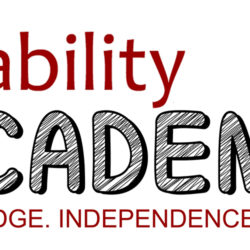I wanted to finish on a thought I have had post chatting to Bruno and acting on the board this weekend. I see it that problems are in society that neither friends, family, communities, government can always directly support. So individuals often close to people affected by the problem take it upon themselves to solve. This small group will expand in resource and influence as it seeks to reach more people and in essence becomes a charity. The original values can be compromised such as the relationships formed and the finances become more business like with need to fund bigger projects.
Firstly whether a charity, social enterprise (a business with a social benefit) or other there should always be values, especially around relationships with those supported. This should never be compromised. However the need for money is a serious matter. Historically the charity model has worked whereby specialist knowledge and finance is pooled to help those in need. My response to Bruno as to why charities do not sell tangible goods to people rather than requesting money for nothing is – firstly the person still receives a benefit from giving as they know they will help someone; and secondly a box of chocolates compared to £10 per month ongoing is just not scalable. While some people do not like charity sales, for others its the opportunity needed to support a project the person otherwise had not heard of. Not perfect but a necessary means and as I said “you have to dance with the devil to do gods work”.
For me the finance issue is less about the way social causes ask for finance from the public and more about the best model for those affected by the problem. When I know money has been donated to me for equipment I need, I am so grateful but also can feel needy or reliant on others. There is a new model called micro finance which lends itself to charity but more so to social enterprises. In essence its a mortgage for whatever is needed to fund. By raising a deposit from public supporters/ government investment a greater amount can be borrowed from social investors. With personalisation and direct payments for example a revenue is created directly for a disabled person that can then pay back the loan over x years. Instead of a charity raising vast sums of money and the recipient having no input, the social enterprise facilitates and empowers. With the deposit and information provided the individual becomes sustainable, self determined and self reliant. This models still requires community/public support but in a way that everyone benefits and progression into the future is really realised.
This is hard to summarise succinctly so do ask any questions for clarification on [email protected].





